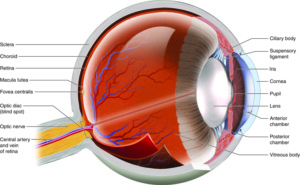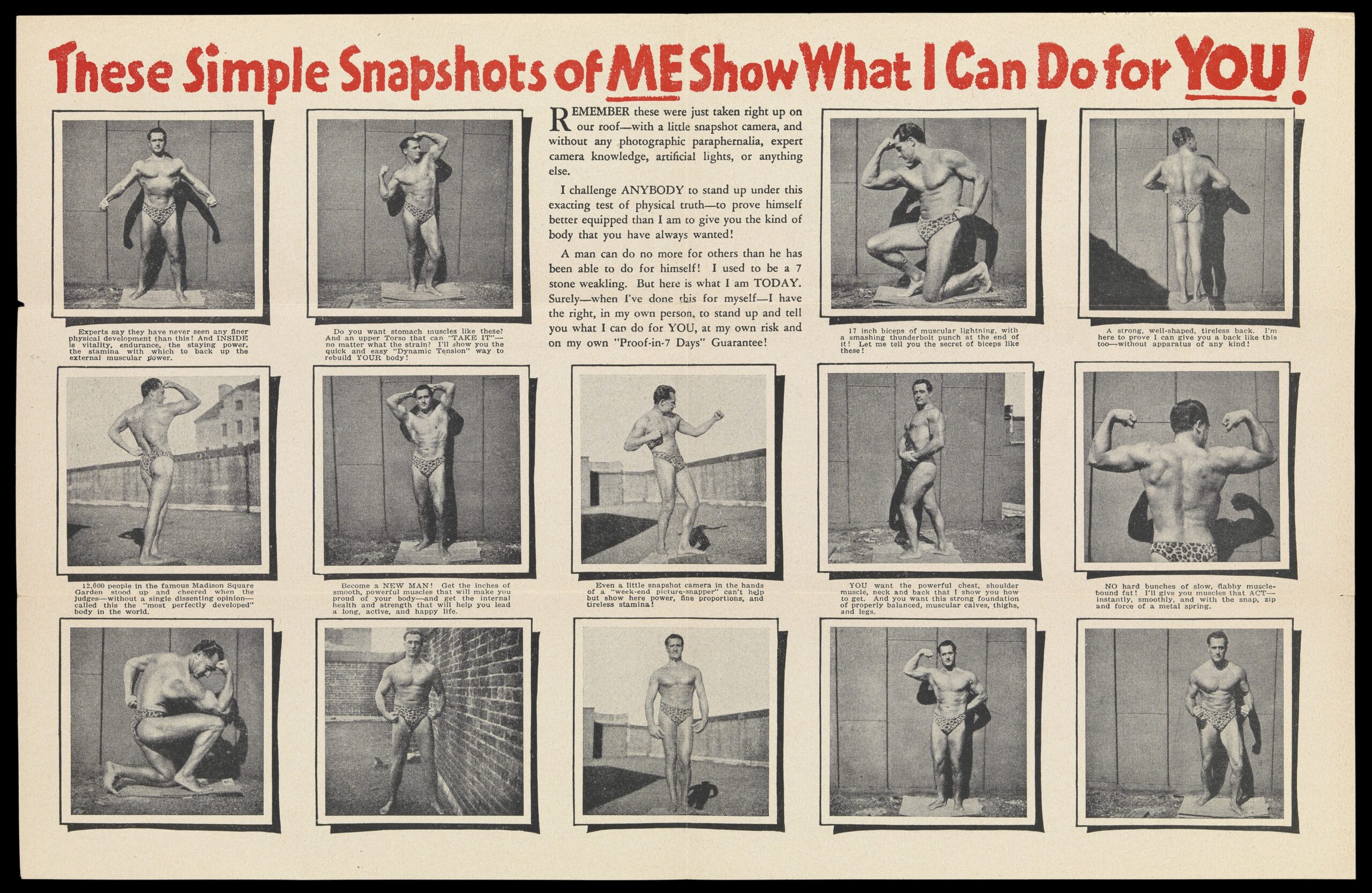As we get older, age is often seen as the enemy of mental sharpness and clarity. But while our mind may not be as nimble as it once was in our younger years, there are still ways to keep your cognitive functions in top shape. With cognitive fitness, you can help your mind stay strong and vibrant as you age while also allowing you to develop new skills and sharpen existing ones. Read on to discover how cognitive fitness can help keep your mental faculties sharp and how you can start incorporating it into your lifestyle.
1. The Benefits of Cognitive Exercise
Mental Stimulation Promotes Neuroplasticity
Mental stimulation through cognitive exercises helps to activate and challenge the brain, leading to increased neuroplasticity. Neuroplasticity is the brain’s ability to adapt and create connections between neurons that enable us to learn and remember tasks. In other words, cognitive exercises work to prevent cognitive decline and help maintain the brain in peak condition.
Improved Cognitive Function
The effects of cognitive exercises are numerous. Doing tasks like mind improving activities and puzzles can positively benefit attention, focus, problem-solving, and multitasking skills. Cognitive exercises train the brain to link new connections, triggering the production of hormones and proteins that are associated with improved cognition, like staying alert and focused for longer periods of time.
Positive Impact on Emotional Health
Cognitive exercises foster a sense of accomplishment as well, helping to relieve stress and depression, improve mood, and reduce anxiety. Working on mental tasks helps to release natural ‘happy hormones’ such as serotonin, dopamine, and oxytocin, creating a feeling of wellbeing and providing motivation.
Plus, cognitive exercises can enhance creativity; it helps to strengthen the connections between different areas of the brain, so ideas can flow by more easily, making it easier for creative solutions to present themselves.
- Mental stimulation promotes neuroplasticity
- Improved cognitive function
- Positive impact on emotional health
- Enhances creativity
2. Strategies for Staying Sharp with Age
As we age, our thinking and brain power seems to naturally decrease. However, despite popular belief, it is still possible to keep a sharp mind. Here are a few ways to stay mentally agile:
- Exercise regularly. Exercise not only keeps us physically fit, it also helps maintain cognitive health. Cardio and strength-training exercises promote improved cognitive abilities, particularly when paired with a balanced, nutritious diet.
- Challenge yourself. Staying mentally sharp requires effort and it’s not as simple as playing one puzzle game per day. It takes commitment. Challenge yourself mentally with a crossword puzzle or new language and take on other activities that require concentration and problem-solving skills.
Socialize with others. A recent study indicates that frequent social interactions delay mental decline in the elderly. Our brains need stimulation, so make sure to have plenty of conversations with friends and family.
Scrap the stereotypes– Many adults ascribe to the notion that our minds become permanently dull as we age, and this kind of negative thinking can be particularly detrimental to older adults. Reframe your attitude and replace the belief that mental decline is unavoidable with the attitude that staying sharp is within reach.
3. Keeping the Mind Engaged for Maximum Cognitive Fitness
It can be hard to keep our minds engaged when faced with challenging mental tasks, especially in a modern world that offers endless distractions. Keeping our minds engaged is essential to maximize our cognitive fitness.
We can start by setting realistic goals and expectations. When it comes to mental exercises, it is important to gradually increase complexity and difficulty of the tasks we choose, as it will help build up our mental stamina and discipline. We can also plan out our day – allocate time for leisure activities and make sure we focus on tasks that require a greater amount of mental alertness.
Here are some tips to make sure our minds stay engaged in the right tasks:
- Find creative ways to tackle problems. Don’t be stuck in one way of thinking, explore new methods that may increase your cognitive flexibility.
- Take regular breaks. This will help to prevent mental fatigue and provide a much-needed recharge.
- Choose tasks that stimulate the mind. Look for ways to challenge yourself – try something you have never tried before or do something that requires problem-solving.
- Limit your distractions. There are plenty of things vying for your attention day-to-day. Restrict the number of sources of distraction and you will be able to give your full attention to the task at hand.
With the right strategies, we can ensure that our minds are always engaged, helping us get the most out of mental exercises. This will help improve our cognitive fitness.
4. Managing Physical Health for Cognitive Wellness
For many of us, fulfilling our cognitive wellness means looking after our physical health, too. After all, when it comes to boosting wellbeing and creating room for the clear thinking needed for our day-to-day lives, it’s imperative that we pay special attention to our bodies. Here’s how:
- Exercise – A regular workout regimen is perhaps the most important physical activity for cognitive wellness. From cardiovascular exercises to strength training, different exercise types help increase energy levels and even make for better overall mental health.
- Sleep – Getting the right amount of sleep is key to feeling not just physically but cognitively rested. Aim for 7-9 hours of sleep per night, and try to keep a consistent sleep schedule.
- Eat Well – Eating well is always an important means of keeping our bodies healthy, and it has the added bonus of promoting cognitive wellness. Think healthy proteins, healthy fats, and complex carbohydrates; they’re all important nutrients for keeping our minds sharp.
Beyond just diet and exercise, there are other elements of . For example, getting fresh air and sunshine can do wonders in shifting mindset and breathing new life into our overall wellbeing. Additionally, engaging in a comprehensive self-care regimen (such as using meditation, journaling, or taking part in a leisure activity) can help us stay physically and mentally strong.
In making gradual changes toward determining our physical health, we can find our way to lasting cognitive wellness. As with everything, small, consistent steps are needed for achieving the desired outcome.
5. Innovation and Technological Support for Aging Brain Function
The human brain is an amazing and complex organ, capable of incredible feats. As we age, however, there is no denying that our cognitive abilities may wane. Fortunately, we now live in a world where technological breakthroughs and advancements offer potential solutions for improving aging brain function.
Virtual Reality Therapy: Virtual reality therapy has been found to be extremely helpful in improving some aspects of cognitive functioning among aging individuals. Through immersive VR experiences, activities such as memory and visual attention can be strengthened. VR therapy has also been known to be particularly beneficial for those whose memories are affected due to Alzheimer’s or other forms of dementia.
Smart Technology to Detect Changes: Smart technology such as artificial intelligence and sensors is being used to identify subtle changes in cognitive functioning that may be indicative of serious issues such as Alzheimer’s or dementia. Additionally, smart technology is also being used to monitor changes in environments and individual behaviors in order to create personalized recommendations or offers tailored to individual needs and requirements.
Robotics: Robotics can be employed to assist aging individuals with basic tasks, such as reminders to take medication or measuring fine motor skills. Robots can also be used to make physical therapy more engaging, by providing tracking through video games with a robotic rehabilitation robot. In addition, they can be used to prompt healthy habits, such as regular exercise or social interactions via specially designed robots with a friendly and welcoming interface.
- Robots can measure fine motor skills.
- VR therapy strengthens memory and visual attention.
- AI and sensors detect subtle changes in cognitive function.
- Robots can prompt healthy habits.
6. Taking Charge of Your Cognitive Future
When it comes to your cognitive future, the best thing you can do is to take charge of it. By being proactive and responsible for your own cognitive health, you can ensure that you are functioning at your highest potential throughout your life. Here are a few tips for :
- Make good nutrition a priority. Eating a nutritious, balanced diet can help improve brain function and increase overall cognitive abilities.
- Incorporate physical activity into your lifestyle. Exercise can improve mental wellbeing and cognitive skills, leading to more productivity and focus.
- Remove distractions. Find ways to disconnect from the digital world, such as working from a traditional desk or taking regular digital sabbaticals.
- Develop a system of self-care. Create a routine that includes activities you enjoy such as yoga, journaling or meditation.
By taking the initiative to create meaningful changes, you are putting yourself in the driver’s seat for your cognitive future. Aim to create an environment where you feel that you can thrive. Nurture your cognitive abilities and sharpen them through practice and dedication. Making proactive decisions today can help you to live the life that you want tomorrow.
Maintaining a positive mindset is also important. Focus on the things that you can control – your attitude, your health, and your attitude towards life. Bouncing back from adversity and cultivating resilience are crucial skills for a healthy and successful future.
As we age, training our minds can seem like a daunting task. But Cognitive Fitness provides a wonderful opportunity to stay sharp and ensure that our minds stay in the best shape possible. Whether it’s playing word games, taking classes, or going on adventures, there are lots of ways to keep our minds vibrant as we get older. So, don’t wait – get out there and get cognitively fit!



